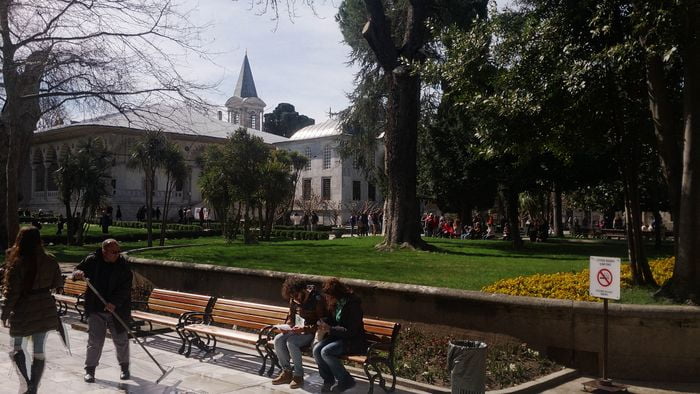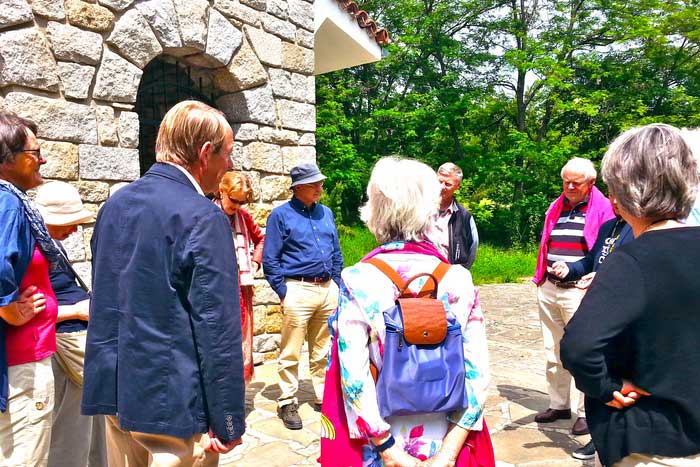Then, having made their leader stand forth in the centre of the group, together with his second-in-command — Isaac Comnenus**166 was the chief man in the deputation and Cecaumenus, from Colonus, was the other**167 — he poured out a torrent of abuse on Isaac. He charged him with all but losing Antioch and with corrupting his army; he had shown no sign of gallantry or leadership; on the contrary, he had levied the people’s money for his own use, and instead of using his command to win glory, he had made it a pretext for satisfying his personal greed.
In the face of these sudden blows Isaac stood transfixed. He had come expecting promotion; instead he had been grossly insulted. When his fellow-generals tried to defend him, the emperor forbade them even to speak. Even if he despised the others, he should have considered Isaac, at least, worthy of an honourable hearing. Yet he, too, was denied that favour.
The Revolt of Comnenus
4. All this made an enormous impression on the soldiers, and their rebellion against Michael dates from this interview. Indeed, the effect produced by this tragical event on their morale was nothing less than shattering. Yet, although the seeds of disaffection were sowed there, no immediate attempt was made to seize power.
A second interview was tried first, in the hope that the emperor might prove more friendly.**168 But when they asked him for bread he offered them stones; when they protested, even the stones were refused. They were repelled and rejected. The others were all for immediate action — they were almost prepared to lay violent hands upon him there and then, and to tear him down from his throne — but Isaac restrained them. There was need, he said, for wiser counsel. Nevertheless, from that moment the conspiracy was afoot and they began the search for a leader, some man capable of governing the Empire.**169
5. Despite Isaac’s persistent refusal to press his own claims to the throne, and despite his assertion that all of them were equal to the task, it was unanimously decided that the honour was his.**170 He was in fact pre-eminent, not only by birth but in his kingly appearance; his nobility of mind and firmness of character, too, were outstanding. One look at the man was enough to inspire respect. However, I must describe his qualities in a later chapter. After the conspirators had agreed on their aims, there was another brief encounter with the emperor and they all went away to their homes. By the early morning, however, when the sun was just rising, they were within easy call of one another.
Read More about The First Crusade part 5








